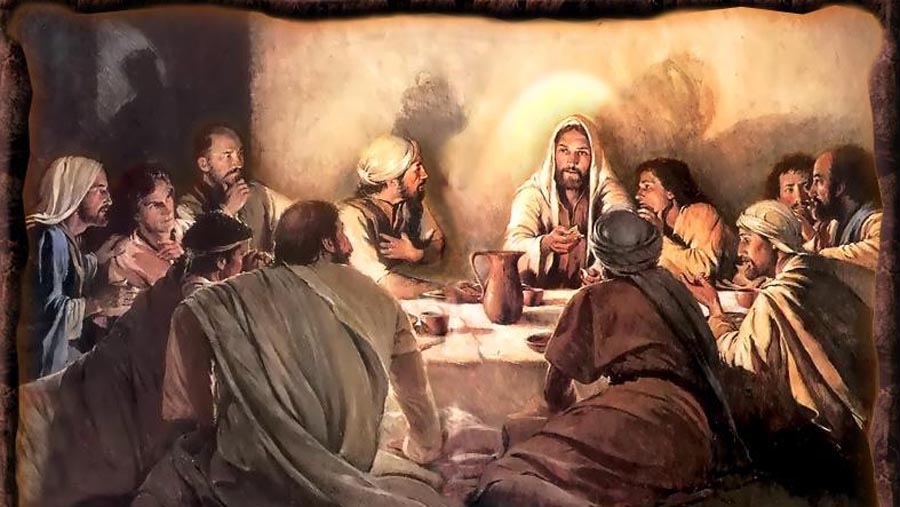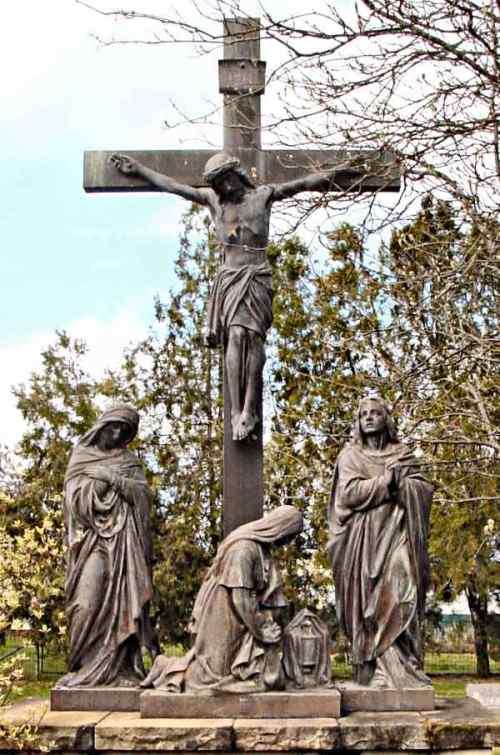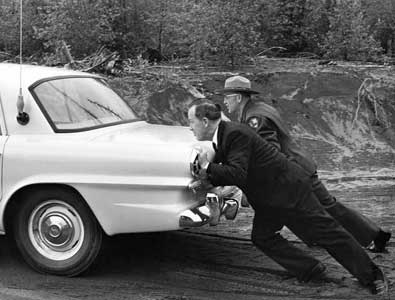![]()
Bringing God and People Together
And he gave the apostles, the prophets, the evangelists, the pastors and teachers,to equip the saints for the work of ministry, for building up the body of Christ.
Eph. 4:11-12
The ministerial priesthood is called to serve, nourish, sustain, and guide the priesthood of all believers. The believer’s priesthood is a call to be Christ in the secular workplaces of the world. Men are not ordained into the ministerial priesthood in order to remove the priesthood away from the people of God, but to encourage, empower, and equip the priestly people of God for their work in the world.
This doctrine of the priesthood of “all†believers is not the doctrine of the priesthood of “the†believer. In other words, every believer has a ministry, but that ministry is to be conducted in community while being accountable to church leadership. This personal ministry of me and my Bible with God telling me, and me alone, the only correct interpretation of the meaning of Scripture is not the priesthood of all believers.
From living lives of hostility and enmity towards God, Christians have been transformed by the Holy Spirit into ministers who bring the healing and grace of Christ to the least, lost, and the lonely of our world. The two priesthoods, ministerial and believers, serve the one Christ for the purpose of reaching the world.
The ministerial priesthood is called to stand in between the people of God and God. This mediation is not to be “an obstacle, but a necessary helper.” The ministry of mediation is not a substitute for Christ, but a needed help in getting people to Christ. At times, we struggle and a priest comes and leads us by the hand into the presence of God. A good priest does not magnify himself, but with pastoral sensitivity and gentleness, he leads the priestly people of God into the presence of God.
A priest is indeed someone who stands between man and God. Perhaps because he does so, he can become an obstacle impeding man’s communion with God. But it need not be so. The priest may stand between man and God not as an obstacle but as a necessary helper.
If we know our own selves at all, we know that there are times when we need someone to stand between us and God. There are times when God seems very far away, and we need someone to take us by the hand and lead us into the presence of God. Every one of us, surely, looks back with gratitude to the times when someone has done just that for us, brought us into God’s presence, made God real to us, brought us to peace with God . . . .
But to say this is not to deprive the ordinary ministry of its priestly character. That would be a complete reversal of the truth. The fact that the whole Church is called to a priestly ministry necessitates the priestly character of the ordained ministry.
We who are ordained to the holy ministry are called to be priests in order that the whole body of believers may obtained to its true priestly character. We do not have an ordained ministry in the Church so that the other members may not be priests, but so that they may be priests.
Lesslie Newbigin, The Good Shepherd (Grand Rapids, MI: Eerdmans, 1977), 43.









